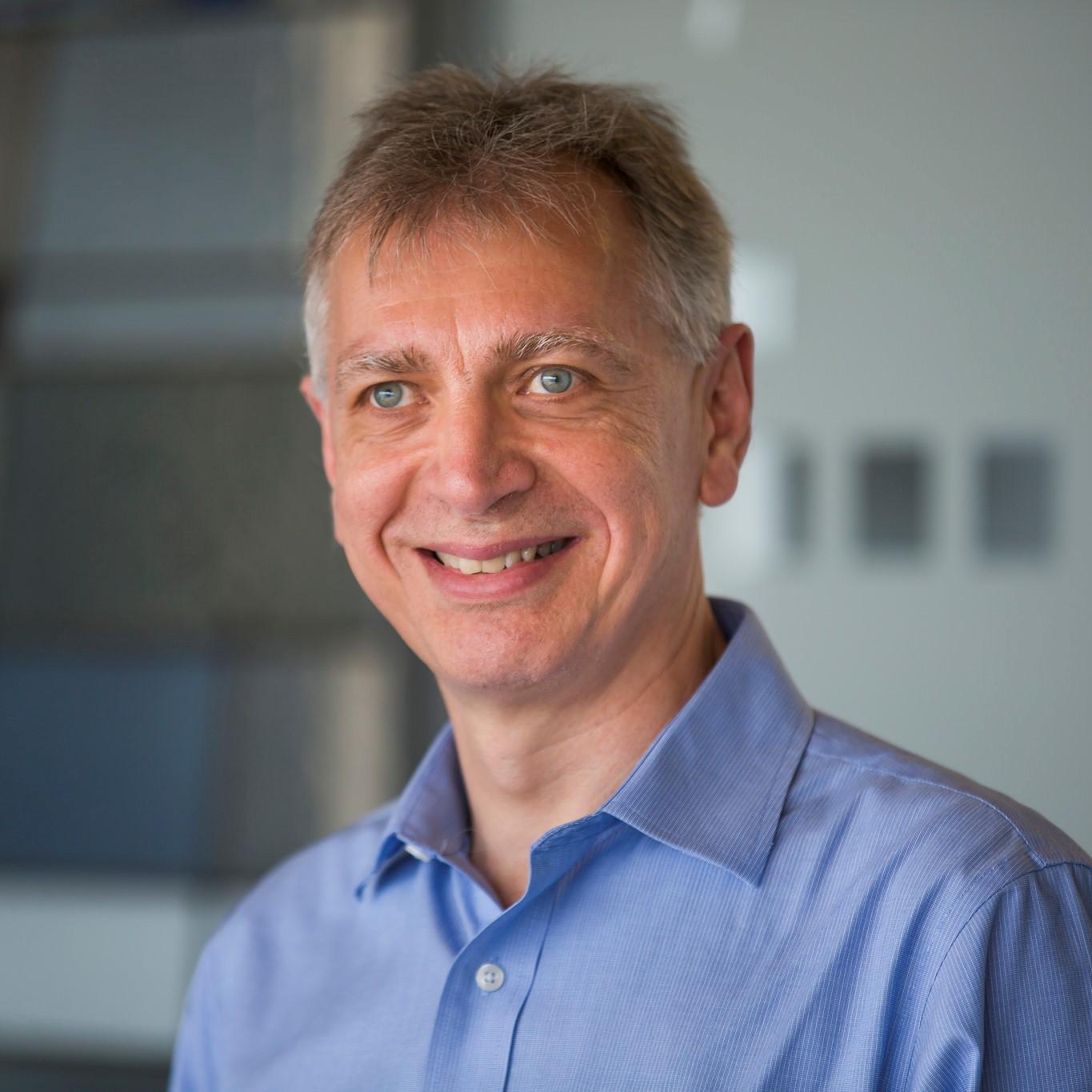A team led by Pascal Van Hentenryck, A. Russell Chandler III Chair and professor in Georgia Tech’s H. Milton Stewart School of Industrial and Systems Engineering (ISyE), has been awarded a five-year, $20 million grant by the National Science Foundation (NSF) to fund the NSF Artificial Intelligence (AI) Institute for Advances in Optimization (AI4OPT). AI4OPT will focus on bringing together the fields of artificial intelligence and mathematical optimization to achieve research breakthroughs in automated decision making that could not be attained separately.
“AI4OPT, with its focus on AI and optimization, will create new pathways for novel tools that allow better engineering applications to benefit society,” said Raheem Beyah, dean of Georgia Tech’s College of Engineering and Southern Company Chair. “This will allow engineers to build higher-quality materials, more efficient renewable resources, new computing systems and more, while also reinforcing the field as a career path for diverse students. The new institute complements the College’s commitment to the integration of AI in engineering disciplines.”
The interinstitutional team includes researchers and faculty from Georgia Tech, as well as the University of California, Berkeley; the University of Southern California (USC); Clark Atlanta University; the University of Texas at Arlington; and Spelman College.
“Optimization is now ubiquitous in society. Without it, the world would come to a halt,” said Van Hentenryck. “It is also at the core of the machine learning revolution. But as the world becomes increasingly interconnected, and also more uncertain, optimization problems have become daunting and incredibly challenging. Our institute will fuse AI and optimization to push the frontiers in decision making at massive scales.
“The vision is to merge AI and optimization to create intelligent agents that predict and quantify uncertainty, reason and optimize, continuously learn, and coordinate and collaborate. So, in a sense, the institute will transform optimization solutions into networks of intelligent systems.”
The team is driven by use cases in several areas of significant societal impact: energy systems and the use of massive, distributed renewable resources and demand response programs; green supply chains to support the growth of e-commerce; resilience and sustainability, particularly how to develop local food production; and circuit design and control for accelerating the development of new computing systems that can solve these evermore challenging problems.
According to Van Hentenryck, a second significant component of the institute is to “democratize access to AI education, research, and jobs” for underrepresented minority and female students and teachers. Van Hentenryck brings experience to this task through his design and delivery of the Seth Bonder Camp in Computational and Data Science for Engineering, an online course and on-campus summer camp designed to increase awareness of the fields of data science and operations research among high school students. AI4OPT will build on this initiative by offering longitudinal camps to engage middle and high school students in these topics for the entirety of their secondary school education. The institute will also bring new AI education and research programs to HBCUs and Hispanic-serving colleges throughout the U.S., addressing the widening gap in job opportunities.
Van Hentenryck’s co-PIs are George Lan, ISyE A. Russell Chandler III Associate Professor; Justin Romberg, School of Electrical and Computer Engineering Schlumberger Professor; Professors Alper Atamturk and Dorit Hochbaum at UC Berkeley; Associate Professor Bistra Dilkina at USC; and Professor Charles Pierre at Clark Atlanta University. A significant number of faculty from computer science, civil and environmental engineering, electrical and computer engineering, and industrial and systems engineering across the various institutions are also involved, fostering the interdisciplinary nature of the institute.
For the first time, this year’s program includes with major corporations, and the NSF Artificial Intelligence (AI) Institute for Advances in Optimization is partially funded by Intel Corporation. Van Hentenryck noted that industry collaborations represent a key constituency forAI4OPT: They drive the methodology research with use cases that represent fundamental societal challenges.
In partnership with the United States Department of Agriculture, the National Institute of Food and Agriculture, the U.S. Department of Homeland Security Science & Technology Directorate, and the U.S. Department of Transportation Federal Highway Administration, the NSF is funding 11 centers within its National AI Research Institutions program. Georgia Tech has been awarded two of the grants: AI4OPT and AI Institute for Collaborative Assistance and Responsiveness Interaction for Networked Groups (AI-CARING), led by College of Computing Associate Professor Sonia Chernova to support aging-related issues.
“I am delighted to announce the establishment of new NSF National AI Research Institutes as we look to expand into all 50 states,” said NSF Director Sethuraman Panchanathan. “These institutes are hubs for academia, industry, and government to accelerate discovery and innovation in AI. Inspiring talent and ideas everywhere in this important area will lead to new capabilities that improve our lives from medicine to entertainment to transportation and cybersecurity and position us in the vanguard of competitiveness and prosperity.”

